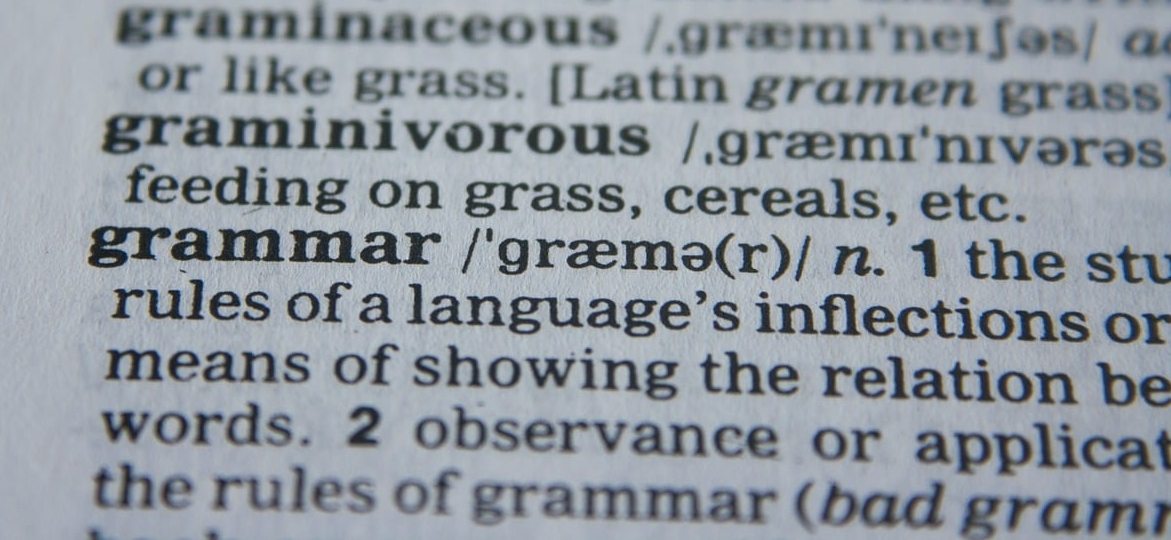In this article, we’re offering a complete guide to expressing comparison in French. Comparatives, superlatives, irregular formations, you name it, we’ve got it! Read on for:
- Identifying adverbs
- Using comparatives and superlatives
- Irregular comparatives and superlatives
- Learn French to perfection guaranteed thanks to General Français, GlobalExam’s course.
Are comparatives more or less difficult than superlatives? No need to choose, we’re covering both!
What is an adverb?
Before we get into the heart of the matter, it’s a good idea to take a step back and remind ourselves what exactly an adverb is, and how it differs to an adjective. This is because comparatives and superlatives are based on these grammatical forms.
An adverb modifies a verb, an adjective or another adverb, telling us how an action occurs. For example:
- L’homme me demande poliment (“The man asks me politely”)
An adjective describes a noun, telling us something about its character or quality. For example:
- L’homme est poli (“The man is polite”)

What’s the difference between a comparative and a superlative?
When we talk about comparison in French, we often talk about superlatives too. The two concepts are grouped together, but they serve distinct purposes.
A comparative is a way of comparing two nouns. My mother is stricter than yours, for example, or Finland is colder than Italy.
A superlative expresses the position of one thing in comparison with a group. That cake is the sweetest, for example, or GlobalExam is the best e-learning website!
When we talk about comparative and superlative adverbs, we use the same logic as we do for adjectives. Take these examples:
- He eats as quickly as I do
- I speak Spanish better than you
- You at the least this evening
How to make a comparison in French
There are three ways of constructing a comparison in French:
- Moins… que (“Less… than”)
- Aussi… que (“As… as”)
- Plus… que (“More… than”)
These phrases work with both adjectives and adverbs. However, it’s important to remember that if you’re using a comparative adjective, it must agree in gender and number with the noun it is describing. Adverbs are simpler and do not undergo any modification.
Let’s take a look at two examples using the adjective beau (“beautiful/handsome”):
- Marianne est plus belle que Julie (“Marianne is more beautiful than Julie”)
- Julie parle moins vite que Marianne (“Julie speaks less fast than Marianne”)
How to construct superlatives in French
There are two ways of expressing a superlative in French:
- Le plus (“the most”)
- Le moins (“the least”)
Here again, you can construct a superlative with an adjective or an adverb. Remember that, contrary to adjectives, no part of the superlative adverb is modified, including the article that precedes it (le, la, les).
Check out these examples:
- Marianne est la plus belle (“Marianne is the most beautiful”)
- Marianne parle le plus souvent (“Marianne speaks the most often”)
Irregular comparatives and superlatives
Surprise, surprise, comparison in French doesn’t come without some irregular forms to commit to memory! To make things a little easier to digest, we’ve listed the most useful irregular forms in the tables below.
Here are three of the most common irregular adjectives:
| Adjective | Comparative | Superlative |
| Bon (“good”) | Meilleur (“better”) | Le meilleur (“the best”) |
| Mauvais (“bad”) | Pire (“worse”) | Le pire (“the worst”) |
| Petit (“a little”) | Moindre (“less") | Le moindre (“the least”) |
And here they are in their adverbial forms:
| Adverb | Comparative | Superlative |
| Bien (“well”) | Mieux (“better”) | Le mieux (“best”) |
| Mal (“badly”) | Pis, plus mal (“worse”) | Le pis, le plus mal (“worst”) |
| Peu (“little”) | Moins (“less”) | Le moins (“least”) |
That explanation should be enough to get you started with comparison in French, but if you want to take things to the next level, you can find grammar sheets and more on GlobalExam’s French learning platform.
Studying French with GlobalExam
We have resources especially designed to help you study French at any level. Simply create an account and get started, it’s as easy as that!
Whether you’re studying French with a personal goal in mind, or you’ve got an exam on the horizon, you can find the resources to help you on GlobalExam. Start by brushing up on your grammar with our study and revision materials, then put your knowledge into practice in Training Mode.
If you want to take your French to the next level with the DELF for example, we can even provide you with extensive DELF, DALT and TCF-specific training and exam materials to take you over the finish line.
We also have written an article about the French negation for your review.
See you there!



